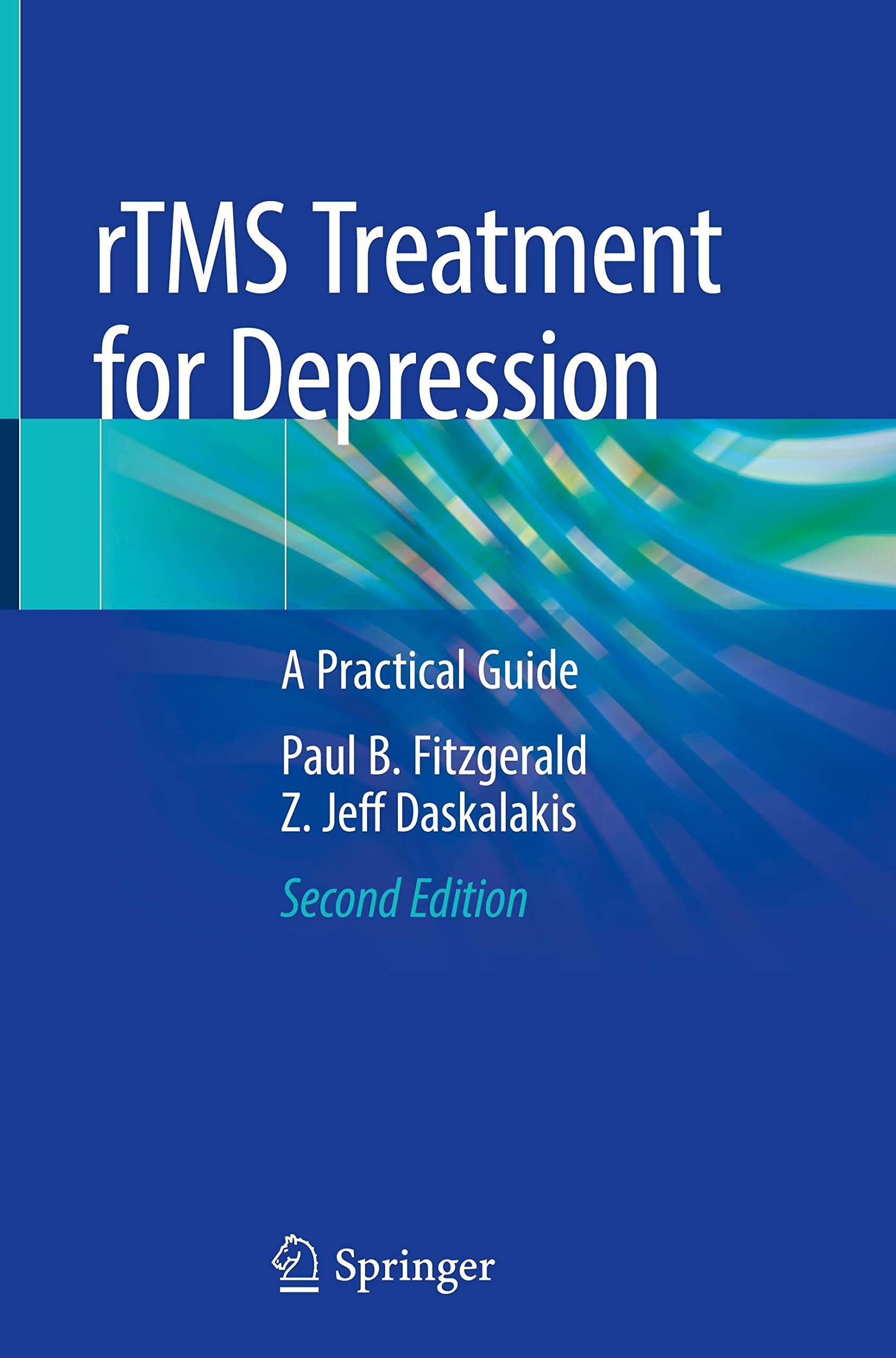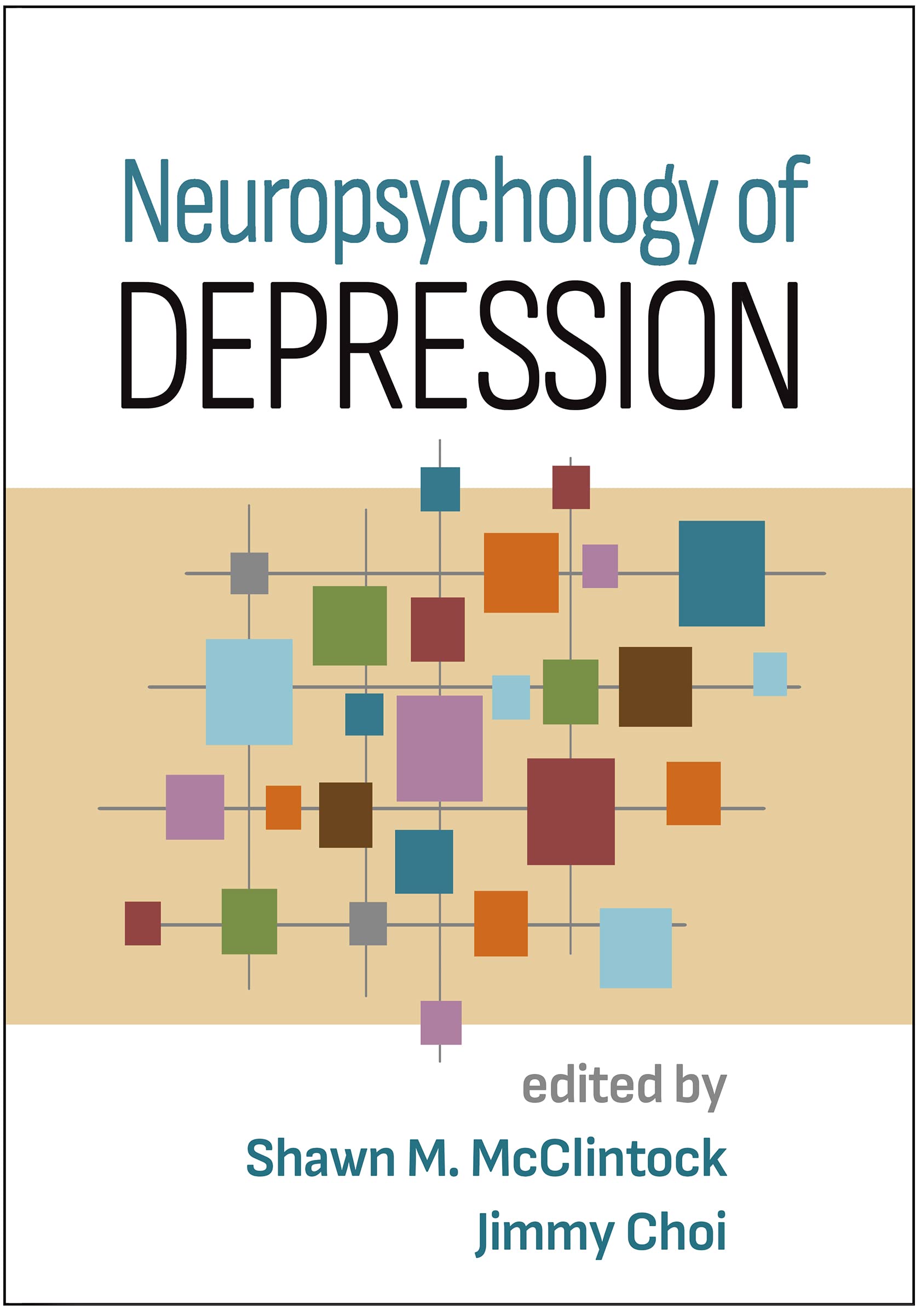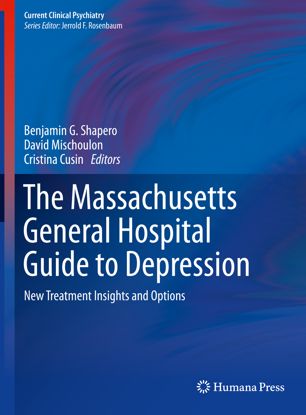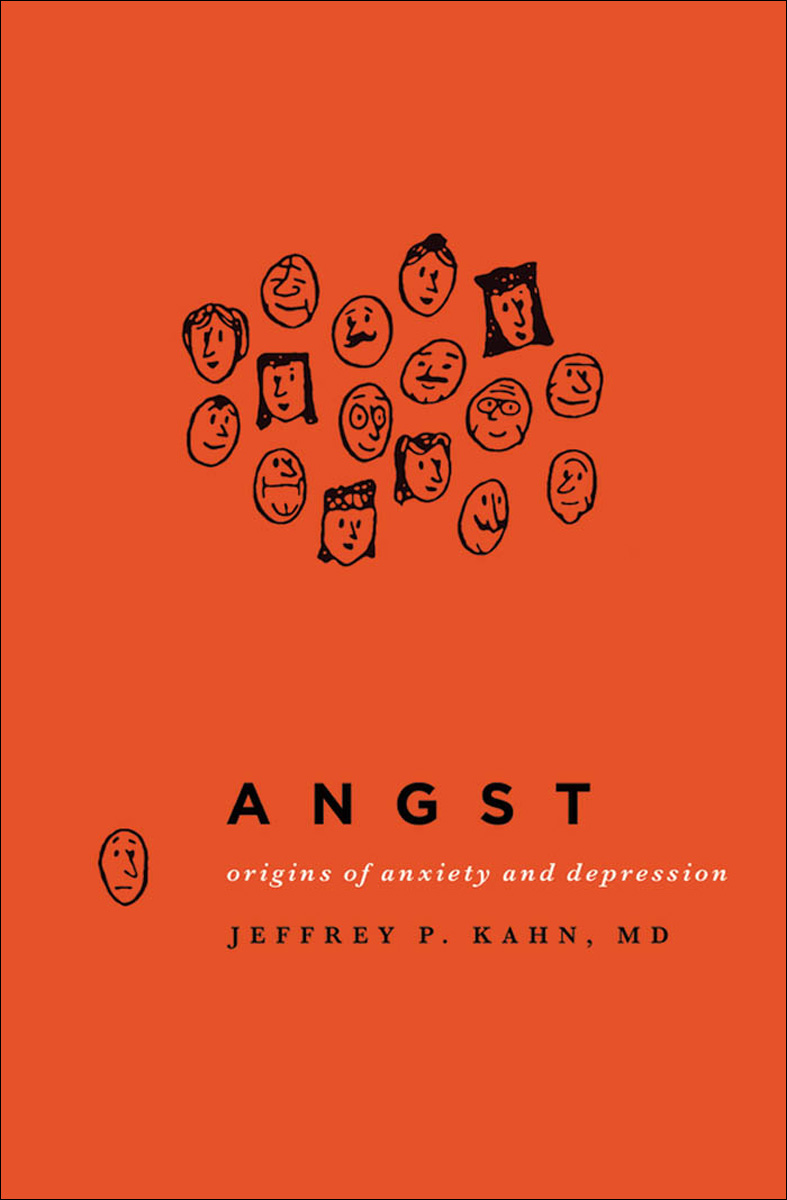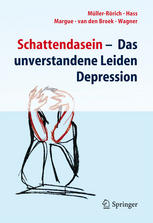محافظت از مغز در موارد اسکیزوفرنی، اختلالات خلقی و شناختی ۲۰۱۰
Brain Protection in Schizophrenia, Mood and Cognitive Disorders 2010
دانلود کتاب محافظت از مغز در موارد اسکیزوفرنی، اختلالات خلقی و شناختی ۲۰۱۰ (Brain Protection in Schizophrenia, Mood and Cognitive Disorders 2010) با لینک مستقیم و فرمت pdf (پی دی اف)
| نویسنده |
Michael S. Ritsner |
|---|
| تعداد صفحهها |
663 |
|---|---|
| نوع فایل |
epub, pdf |
| حجم |
5 Mb, 9 Mb |
| سال انتشار |
2010 |
89,000 تومان
معرفی کتاب محافظت از مغز در موارد اسکیزوفرنی، اختلالات خلقی و شناختی ۲۰۱۰
محافظت عصبی یک دیدگاه جدید برای درمان اختلالاتی است که منجر به تخریب عصبی و ناتوانی در نتیجه انحطاط عصبی ناشی از آپوپتوز، استرس اکسیداتیو، سمیت تحریکی و مکانیسم های دیگر می شود. این مکانیسم ها نه تنها برای اختلالات عصبی، بلکه برای اسکیزوفرنی و اختلالات خلقی و شناختی نیز تأثیر دارند. هدف این کتاب ارائه یک نمای کلی به روز از مطالعات پایه و بالینی در مورد رویکردهای محافظت کننده عصبی، مکانیسم ها و چندین ترکیب با خواص محافظت کننده عصبی است که ممکن است به درمان موثرتر اختلالات عمده سلامت روان کمک کند.
کتاب به دو بخش تقسیم شده است. بخش اول به عنوان مقدمه و مروری بر مسائل مفهومی برای رویکرد پیشگیرانه، و برخی از تحولات عصبی زیستی خدمت می کند. فصل های این بخش به بررسی تعاریف، دیدگاه ها و موضوعاتی می پردازد که مبنایی مفهومی برای بقیه کتاب فراهم می کند. علاوه بر این، این بخش شامل فصل هایی است که در آن نویسندگان یافته های حاصل از مطالعات پایه مکانیسم های تخریب عصبی مرتبط با ایجاد اختلالات عمده سلامت روان را ارائه و بحث می کنند. بخش دوم بر نتایج به دست آمده از آزمایش های بالینی ترکیبات محافظ عصبی و تکنیک های تعدیل عصبی تمرکز دارد. پیام اصلی این است که اصول یک رویکرد پیشگیرانه را می توان در درمان اسکیزوفرنی و اختلالات خلقی و شناختی به کار برد. مشارکت کنندگان این کتاب از جمله فعال ترین محققان و پزشکان این حوزه هستند که دیدگاه های تازه ای را نه تنها برای روشن کردن بحث های جاری ارائه می کنند، بلکه جنبه های متنوع و بینش های جدیدی را برای محافظت عصبی پیشنهاد می کنند.
این کتاب برای خوانندگان گسترده ای در نظر گرفته شده است که طیف وسیعی از خوانندگان از جمله دانشمندان علوم اعصاب، روانپزشکان، متخصصان مغز و اعصاب، داروشناسان، روانشناسان بالینی، پزشکان عمومی، متخصصان سالمندی، دانشجویان فارغ التحصیل و سیاست گذاران در این زمینه ها را شامل می شود. سلامت روان
Neuroprotection is a novel perspective for the treatment of disorders that lead to neurodegeneration and disabilities as a result of deterioration of neurons due to apoptosis, oxidative stress, excitotoxicity, and other mechanisms. These mechanisms have implications not only for neurodegenerative disorders, but also for schizophrenia, mood and cognitive disorders. The purpose of this book is to provide an up-to-date overview of basic and clinical studies concerning the neuroprotective approach, mechanisms, and several compounds with neuroprotective properties that may contribute to more efficacious treatment of major mental health disorders.
The book is divided into two sections. The first section serves as an introduction and overview of conceptual issues of the neuroprotective approach, and some neurobiological advances. Chapters in this section review definitions, perspectives, and issues that provide a conceptual base for the rest of the book. In addition, this part includes chapters in which the authors present and discuss the findings from basic studies of neurodegenerative mechanisms that are associated with the pathogenesis of major mental health disorders. The second section focuses on findings obtained from clinical trials with neuroprotective compounds, and neuromodulatory techniques. The take-home message is that principles of the neuroprotective approach may be applied to treatment of schizophrenia, mood and cognitive disorders. Contributors to this book are among the most active investigators and clinicians in the field who provide new perspectives not only clarifying ongoing controversies but also propose diverse aspects and new insights to neuroprotection.
This book is intended for a broad readership, which includes a broad spectrum of readers including neuroscientists, psychiatrists, neurologists, pharmacologists, clinical psychologists, general practitioners, geriatricians, graduate students, and policy makers in the fields of mental health.


